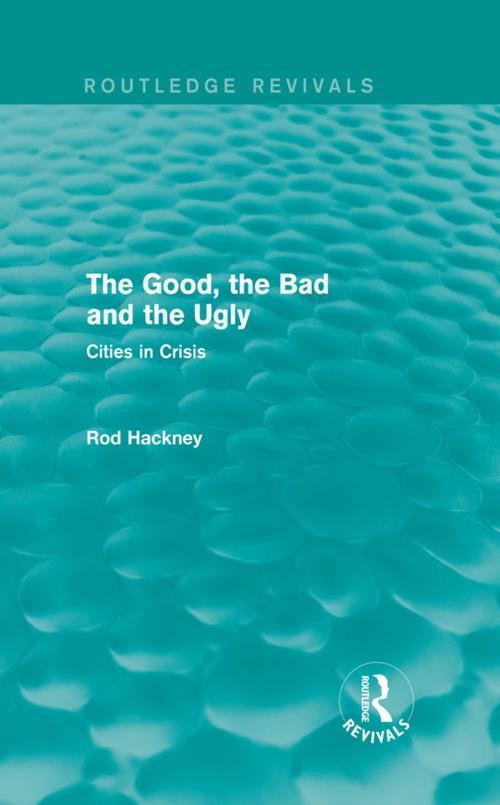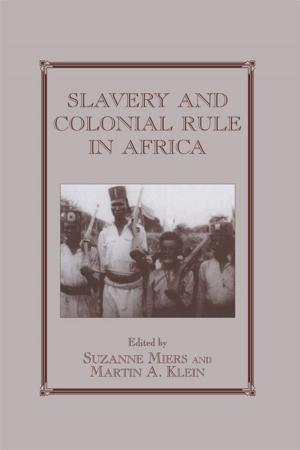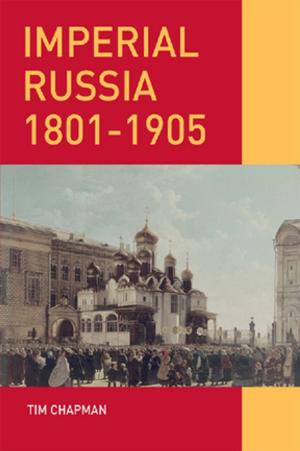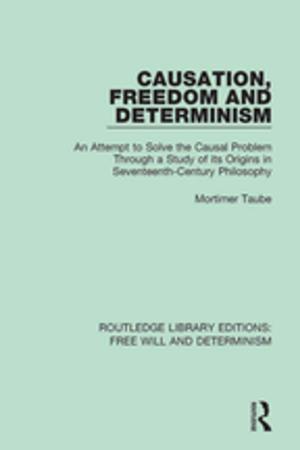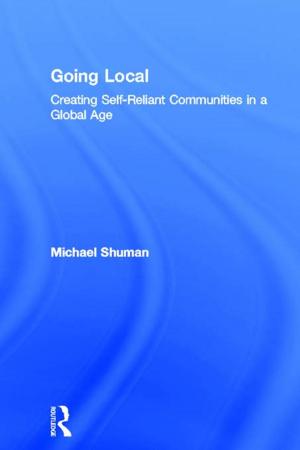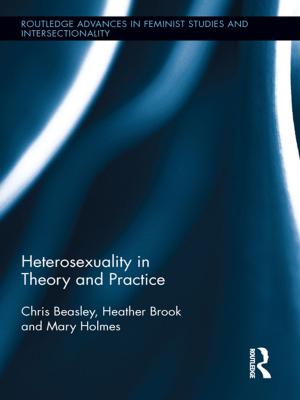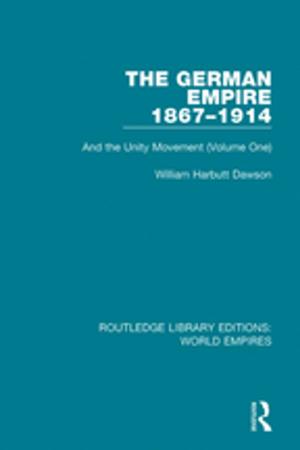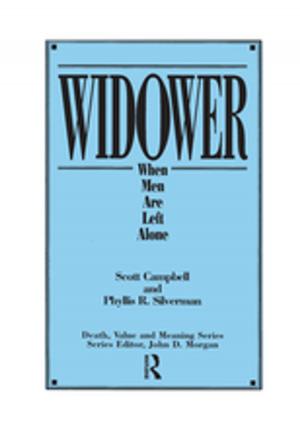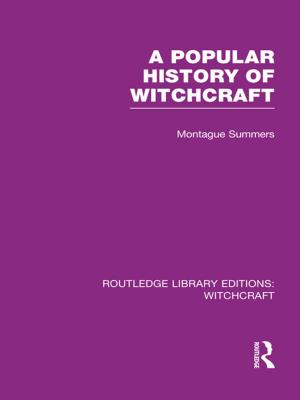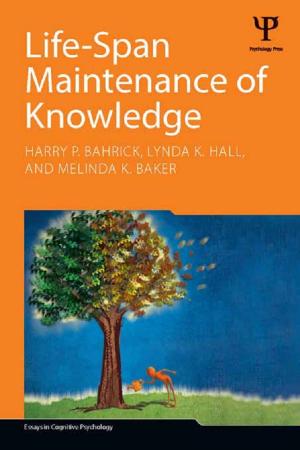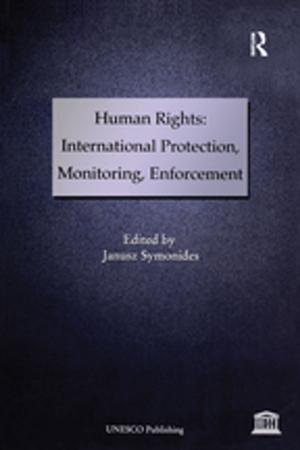The Good, the Bad and the Ugly (Routledge Revivals)
Nonfiction, Art & Architecture, Architecture, Planning| Author: | Rod Hackney | ISBN: | 9781317671145 |
| Publisher: | Taylor and Francis | Publication: | June 5, 2014 |
| Imprint: | Routledge | Language: | English |
| Author: | Rod Hackney |
| ISBN: | 9781317671145 |
| Publisher: | Taylor and Francis |
| Publication: | June 5, 2014 |
| Imprint: | Routledge |
| Language: | English |
First published in 1990, this title presents the personal reflections of renowned community architect Rod Hackney, who served for many years as President of both the Royal Institute of British Architects and the International Union of Architects. Educated in the Modernist tradition of architecture in Britain and Denmark, Hackney’s return to England in the 1970s changed his outlook completely. Cities like Birmingham and Sheffield had been ruined by ill-conceived planning; whole communities had been torn apart by massive destruction of Victorian terraces, and relocated to grim tower block estates.
To those communities that he has rescued from the threat of redevelopment, Rod Hackney is a local hero. Determined to save Britain’s inner cities, he has been a major influence on Prince Charles and a powerful spokesman for the silent majority of the urban poor, who often have no say as to where and how they live.
First published in 1990, this title presents the personal reflections of renowned community architect Rod Hackney, who served for many years as President of both the Royal Institute of British Architects and the International Union of Architects. Educated in the Modernist tradition of architecture in Britain and Denmark, Hackney’s return to England in the 1970s changed his outlook completely. Cities like Birmingham and Sheffield had been ruined by ill-conceived planning; whole communities had been torn apart by massive destruction of Victorian terraces, and relocated to grim tower block estates.
To those communities that he has rescued from the threat of redevelopment, Rod Hackney is a local hero. Determined to save Britain’s inner cities, he has been a major influence on Prince Charles and a powerful spokesman for the silent majority of the urban poor, who often have no say as to where and how they live.
